Gender equality is a matter of principle, a basic human right; it should also be considered as crucial means to promote scientific and technological excellence. Science cannot continue to deprive itself of the full scientific potential of over half of the planet’s population, the woman.
There are different problems for women researchers in different regions of Latin America and the Caribbean. FALAN leadership would like to have their input in order to better meet their needs. The space in the webpage of FALAN, the scientific dissemination portal of the Federation of Latin America and Caribbean Neurosciences is launched now December 2018, with the objective of highlighting achievements and highlighting the role of women scientists, highlighting their contributions to the most diverse areas of science. FALAN members are invited to send information.
We highly recommend that specific website of United Nations Educational, Scientific and Cultural Organization (UNESCO) described below be consulted. Information is provided on the actual situation and how to proceed to help for the improvement.
Despite encouraging signs, women are still under-represented in science, as women account today for only about 30% of the world’s researchers and even for lower percentages at higher decision-making levels, according to recent figures from the UNESCO Institute for Statistics (UIS). UNESCO has a key role to play in taking up these issues and working to overcome gender disparities in access to, influence over, and use of science, technology, engineering and mathematics (STEM).
STEM and Gender Advancement (SAGA) https://en.unesco.org/saga The SAGA project aims to contribute to improving the situation of women and reducing the gender gap in STEM fields in all countries at all levels of education and research. To achieve these objectives, it determines, measures and assesses sex-disaggregated data, as well as supports the design and implementation of science, technology and innovation (STI) policy instruments that affect gender equality in STEM. Moreover, SAGA aims to analyze how policies affect the gender balance in STEM, undertake inventories of STI gender equality policies, develop new and better indicators to provide tools for evidence-based policy-making, build capacity in Member States for data collection on gender in STEM, and prepare methodological documents to support the collection of statistics. SAGA will help to: Build capacity for data collection on gender in STEM; Improve tools to measure the status of women and girls in science; Identify gaps in the policy mix and improve national STI policies related to gender, based on evidence; and Increase the visibility, participation and respect of women in STEM.
HeForShe: UNITED NATIONS GLOBAL SOLIDARITY MOVEMENT FOR GENDER EQUALITY https://www.heforshe.org/en/movement The world is at a turning point. People everywhere understand and support the idea of gender equality. They know it’s not just a women’s issue, it’s a human rights issue. HeForShe is an invitation for men and people of all genders to stand in solidarity with women to create a bold, visible and united force for gender equality. The men of HeForShe aren’t on the sidelines. They’re working with women and with each other to build businesses, raise families, and give back to their communities.
Women in Science – Explore the data http://uis.unesco.org/#!lang=EN
Themes by Country: Education and literacy; Science Technology and Innovation: Culture; Communication and Innovation.
UNESCO eAtlas of Gender Inequality in Education
https://tellmaps.com/uis/gender/#!/topic/GENDER







